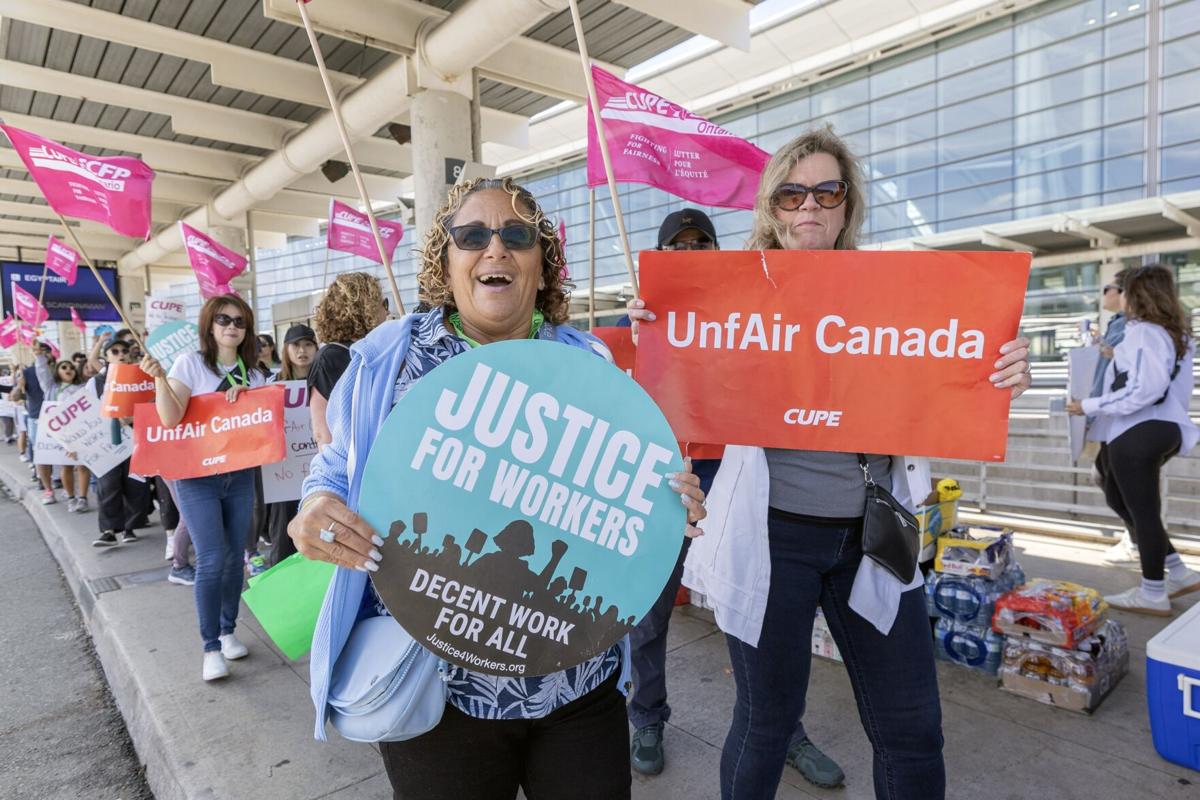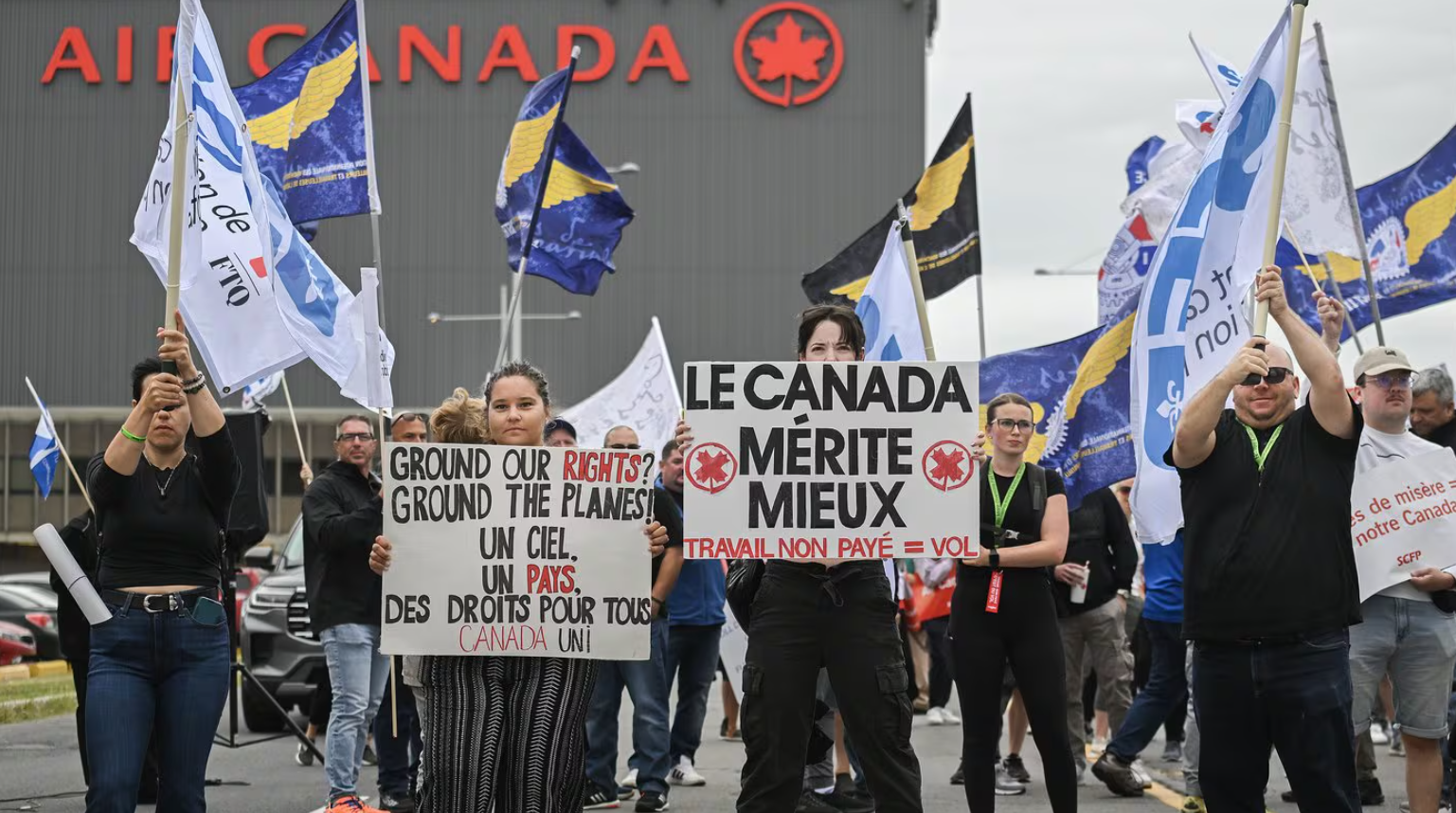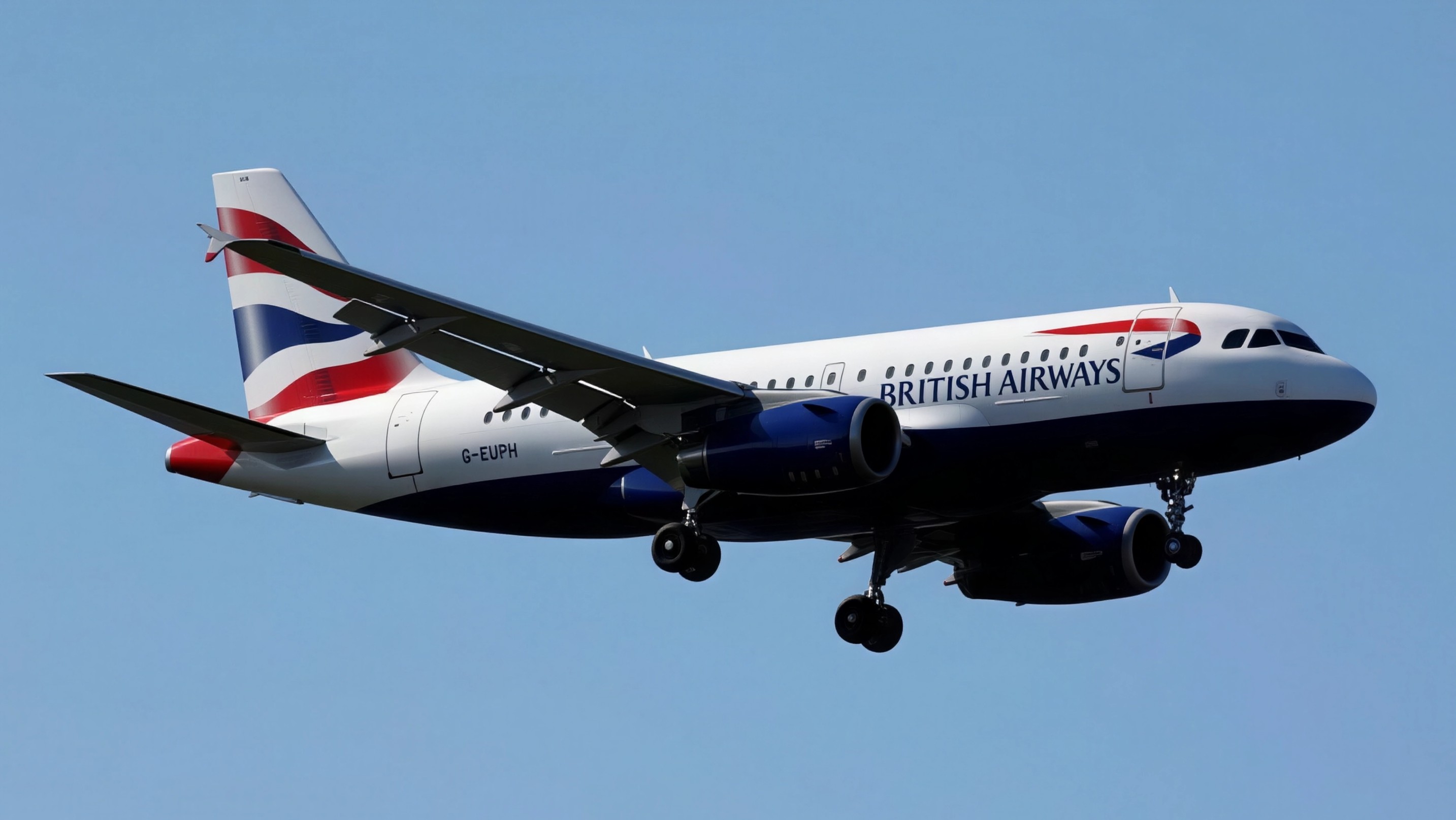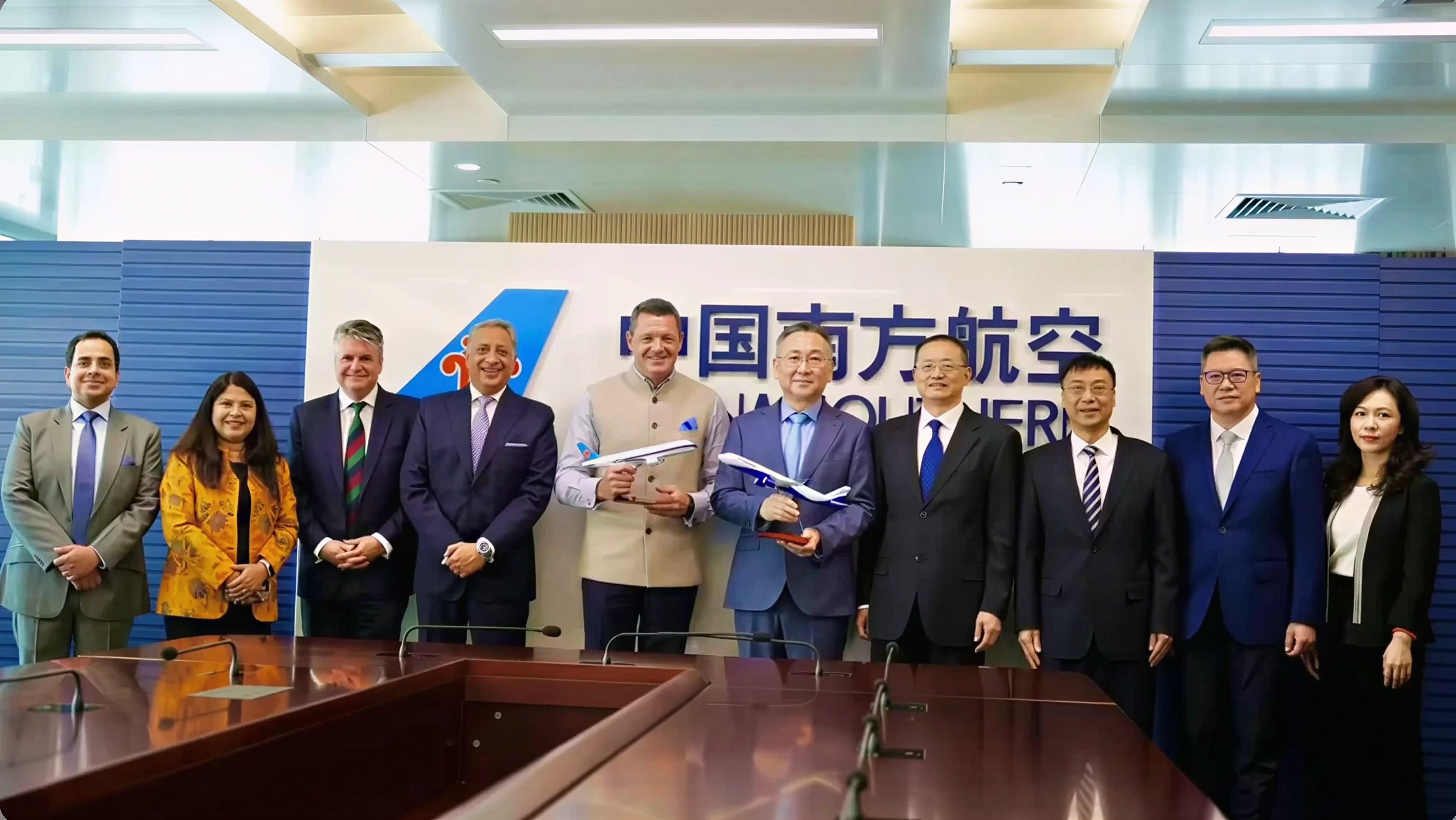Air Canada’s plan to resume operations on Sunday was abruptly suspended after the union representing 10,000 flight attendants declared it would not follow a government order to return to work. The standoff has intensified travel disruptions during one of the busiest times of the year, affecting an estimated 130,000 passengers each day worldwide.
The Canada Industrial Relations Board had instructed flight attendants to return to duty by Sunday afternoon, following the government’s intervention to ease the chaos. Air Canada initially announced it would restart flights that evening, but by late Sunday the airline confirmed that operations would only resume Monday evening at the earliest. The carrier accused the Canadian Union of Public Employees of illegally urging members to defy the ruling, while the union countered that the order itself was unconstitutional.
On Sunday morning, the tension was on full display at Toronto’s Pearson International Airport where picketing workers gathered outside the departure terminal. Canadian Union of Public Employees president Mark Hancock tore up a copy of the order in front of cameras, declaring, “Our members are not going back to work.” Flight attendants marched with signs, chanting “Don’t blame me, blame AC,” and vowed not to return to work on Tuesday either.

The conflict has placed the federal government under pressure as well. Jobs Minister Patty Hajdu had ordered attendants back to work less than 12 hours after they first walked off the job, stressing that the strike was harming the economy at a fragile moment. She pointed to ongoing trade tensions with the United States as a reason Canada could not afford added instability. The government referred the dispute to the Canada Industrial Relations Board, extending the terms of the current contract until an arbitrator makes a ruling.
The core dispute remains unresolved after eight months of talks. Air Canada has offered what it described as a 38 percent increase in overall compensation across four years, which the airline claims would make its flight attendants the best paid in the country. The union, however, has rejected the proposal, arguing that the eight percent raise in the first year is insufficient in the face of rising inflation. A major sticking point continues to be the demand for pay during ground duties, such as boarding passengers, which are currently unpaid.

For passengers, the uncertainty has caused frustration and confusion. Air Canada has pledged full refunds for canceled flights and said it will work with other airlines to rebook travelers, though it warned that limited availability during the peak summer season means many will face delays.
As both sides dig in, the situation highlights the delicate balance between labor rights, economic stability, and the travel demands of thousands of Canadians and international passengers. With no clear resolution in sight, travelers are bracing for continued disruption in the days ahead.
Stay updated on global travel news and major airline developments by following Travel Moves on Instagram and Facebook.









